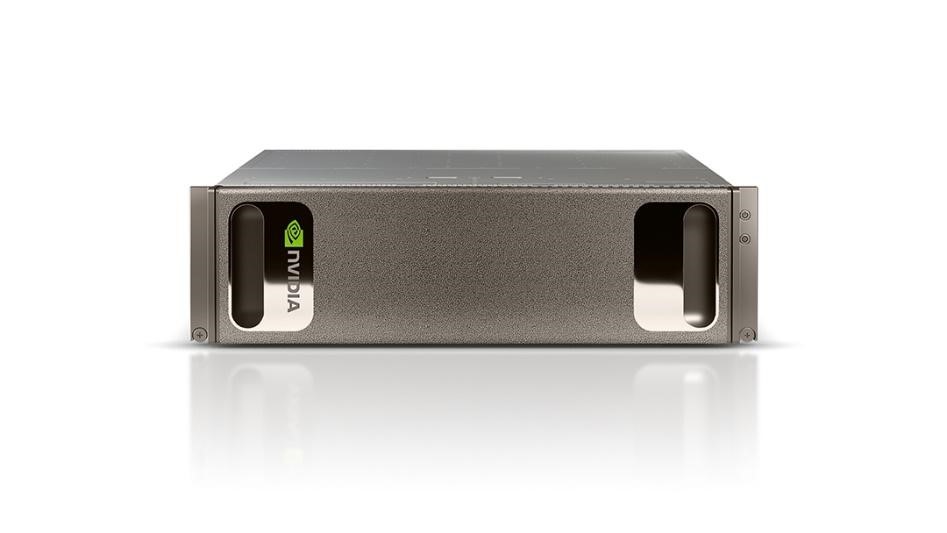Artificial Intelligence and Robotics Innovation Center | Our Speciality
Our Speciality
AI center is committed to the application of clinical data in our hospital, and actively develops assisted diagnostic systems. We hoped to utilize objective and rational artificial intelligence technology to provide second expert diagnostic information when clinical specialists perform medical diagnosis, and incorporate it into professional medical decisions to reduce burden caused by analyzing a large amount of medical data. For patients, through a more accurate, stable and fast diagnosis process, physicians would have more time to think about the best personalized and precise treatment for each patient.
In 2017, AI center first adopted NVIDIA DGX-1, the world’s first supercomputer designed for deep learning and AI accelerated analysis. The system integrates hardware, deep learning application software and development tools with executable acceleration analysis applications, which can shorten data processing time, allowing researchers to devote more resources to data visualization, accelerating deep learning architecture and sophisticated neural network design.
Combining the abundant medical data of from CMUH system and AI application technology, AI center has developed an assisted medical system that can actually solve the clinical problems from physicians. At present, we has established the "Breast Ultrasound Diagnosis System", "Liver Tumor Detection System", and "AI-Aided Bone Age Diagnosis System". The three major AI-assisted diagnosis systems have built the service interface of the network inference system, allowing clinical specialists to quickly obtain evaluations through network connections. In addition, in order to apply the AI technology developed by our hospital to 12 hospitals in the CMUH medical system, AI center has set up GPU servers with NVIDIA GPU REST Engine and TensorRT optimized algorithm libraries, which can automatically allocate GPU to optimize AI judging Ability and accurately accelerate the processing of busy clinical needs.
In the future, we also look forward to cooperating with more medical experts to develop medical AI systems, assisting specialists in analyzing numerous complex medical examination reports and image information, and creating a full range of smart physician assistants, allowing specialists to have more time for patient care and improve the overall medical working environment and quality.

